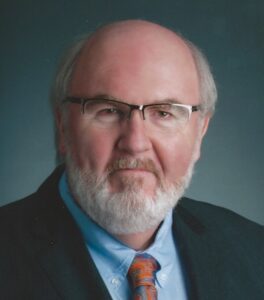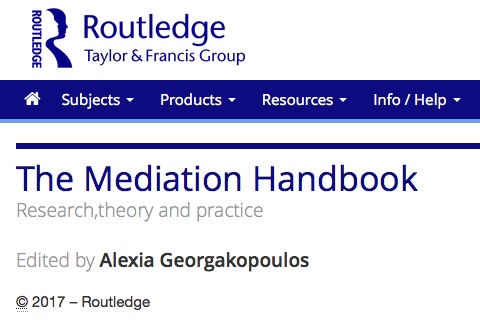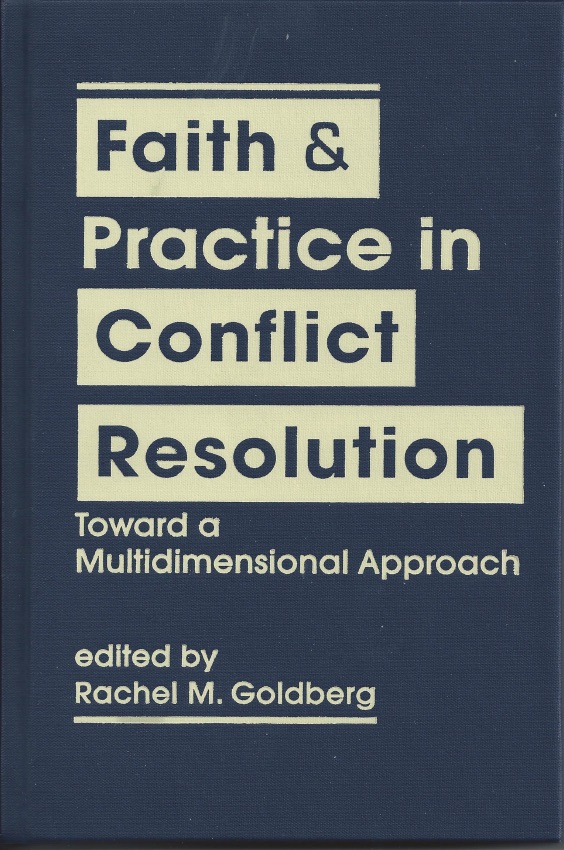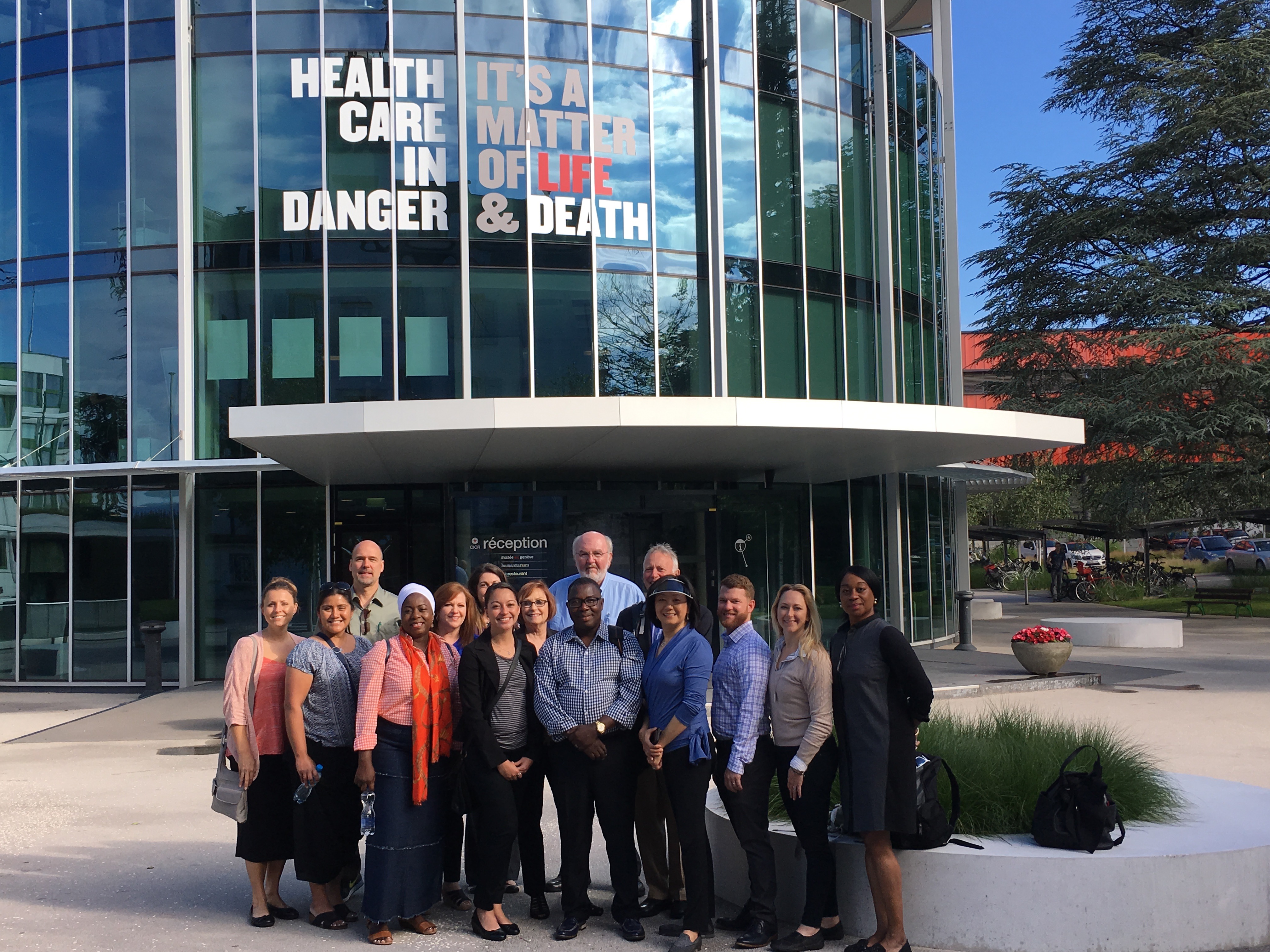THE SECOND COMING – 1919 (As published first in 1920)
Turning and turning in the widening gyre
The falcon cannot hear the falconer;
Things fall apart; the centre cannot hold;
Mere anarchy is loosed upon the world,
The blood-dimmed tide is loosed, and everywhere
The ceremony of innocence is drowned;
The best lack all conviction, while the worst
Are full of passionate intensity.
Surely some revelation is at hand;
Surely the Second Coming is at hand.
The Second Coming! Hardly are those words out
When a vast image out of Spiritus Mundi
Troubles my sight: a waste of desert sand;
A shape with lion body and the head of a man,
A gaze blank and pitiless as the sun,
Is moving its slow thighs, while all about it
Wind shadows of the indignant desert birds.
The darkness drops again but now I know
That twenty centuries of stony sleep
Were vexed to nightmare by a rocking cradle,
And what rough beast, its hour come round at last,
Slouches towards Bethlehem to be born?
 Planning is well underway for the 2017 Online Dispute Resolution Forum, to be held in Paris on June 12 and 13. The Forum will be convened by a partnership of the National Center for Technology and Dispute Resolution (NCTDR), UNESCO, the ICC and others, and will feature speakers and platform demonstrations from around the world. A one page information flyer can be obtained here: ODR 2017
Planning is well underway for the 2017 Online Dispute Resolution Forum, to be held in Paris on June 12 and 13. The Forum will be convened by a partnership of the National Center for Technology and Dispute Resolution (NCTDR), UNESCO, the ICC and others, and will feature speakers and platform demonstrations from around the world. A one page information flyer can be obtained here: ODR 2017







